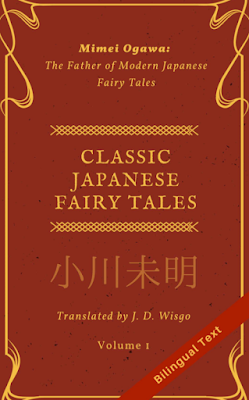"Two Of Six: A Captain's Dilemma" by Tomohito Moriyama, translated by J.D. Wisgo (published 2018)
This fast-paced yet contemplative thriller by Japanese
writer Tomohito Moriyama and translated into English by J.D. Wisgo brings up all
the best topics and themes in excellent science fiction: artificial intelligence,
duty vs. personal inclinations, euthanasia, paranoia, and all kinds of
questions regarding human nature itself.
Two Of Six: A Captain’s Dilemma tells the story of
the captain of a spaceship carrying six passengers. When the spaceship malfunctions
and starts losing its supply of oxygen, how does the captain decide which passengers
should take the extra spacecraft back home, a spacecraft which can only save
two people? The captain’s only close companion is the A.I. robot assigned to
work with him. How does she influence his decisions? And, as A.I., is she
capable of making purely objective decisions? Moriyama, influenced by Isaac
Asimov, writes a compelling plot-driven story putting philosophy in action.
Though Two Of Six does not provide rich visual
landscapes, the dialogue (the “meat” of the story) is more than sufficient for
great storytelling. Each character is assigned to a compartment in the spacecraft,
and conversation between them happens through visual telecommunications. The
captain only knows a bit about each passenger, thanks to a brief biography of
each found in personal files acquired by the airline. As the captain starts
deliberating his options and choices in this life or death situation, the
reader cannot help but, unconsciously or consciously, start making judgements
and questioning things also. Moriyama masters the art of putting the reader in
a seemingly outside position, but still manages to shock and surprise with each
twist and turn in the story.
Two Of Six: A Captain’s Dilemma is the perfect short
story, providing ample material for discussion and thought-provoking insight
into universal truths. Further, to add a bit of nuance to this, it might be
interesting to ask what a story like this might say about Japanese culture. If
this story were written by an American, how would it be different? How would
the characters act? Fascinating, indeed.




Comments
Post a Comment